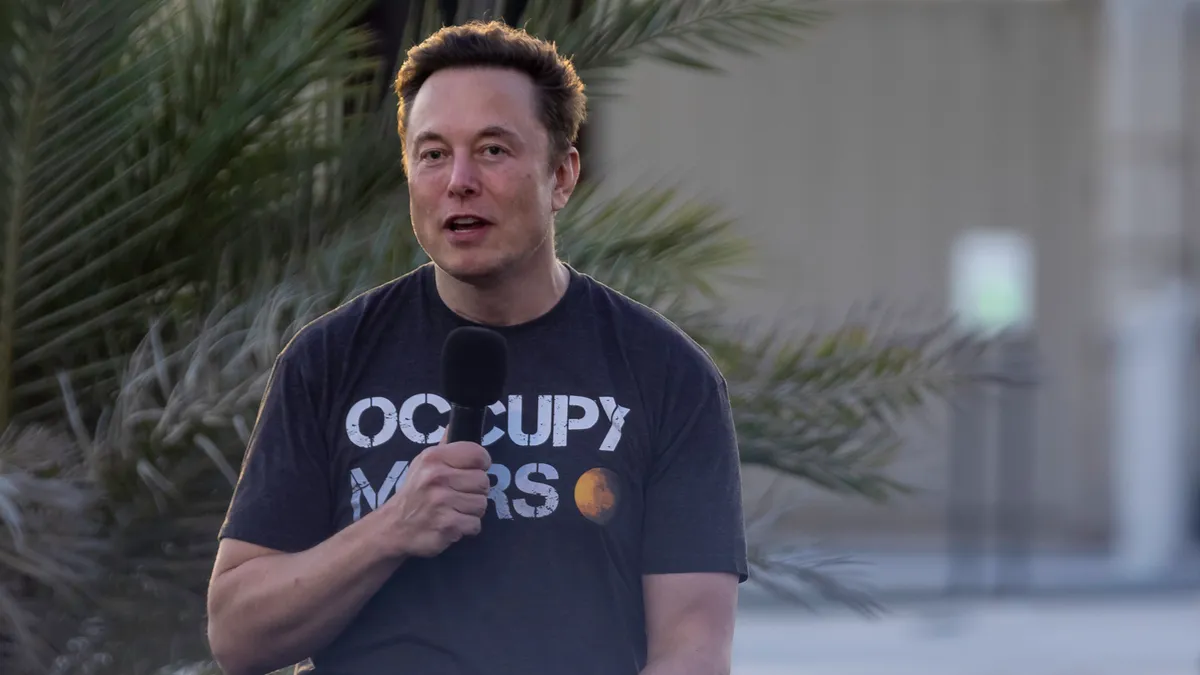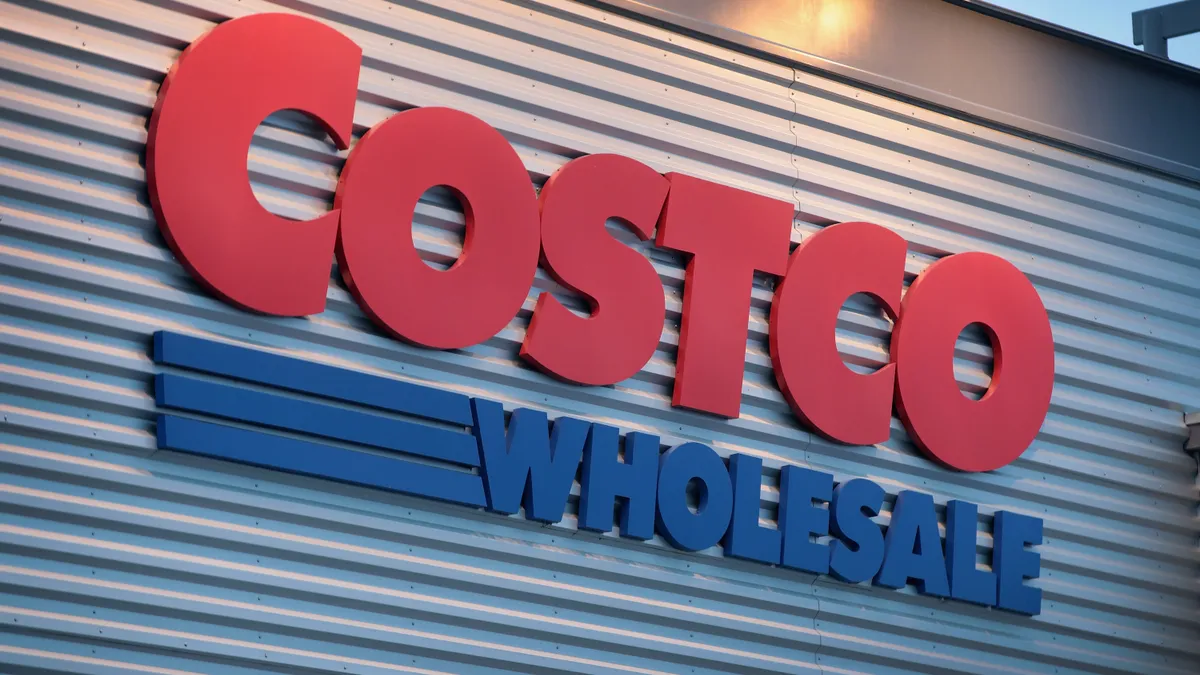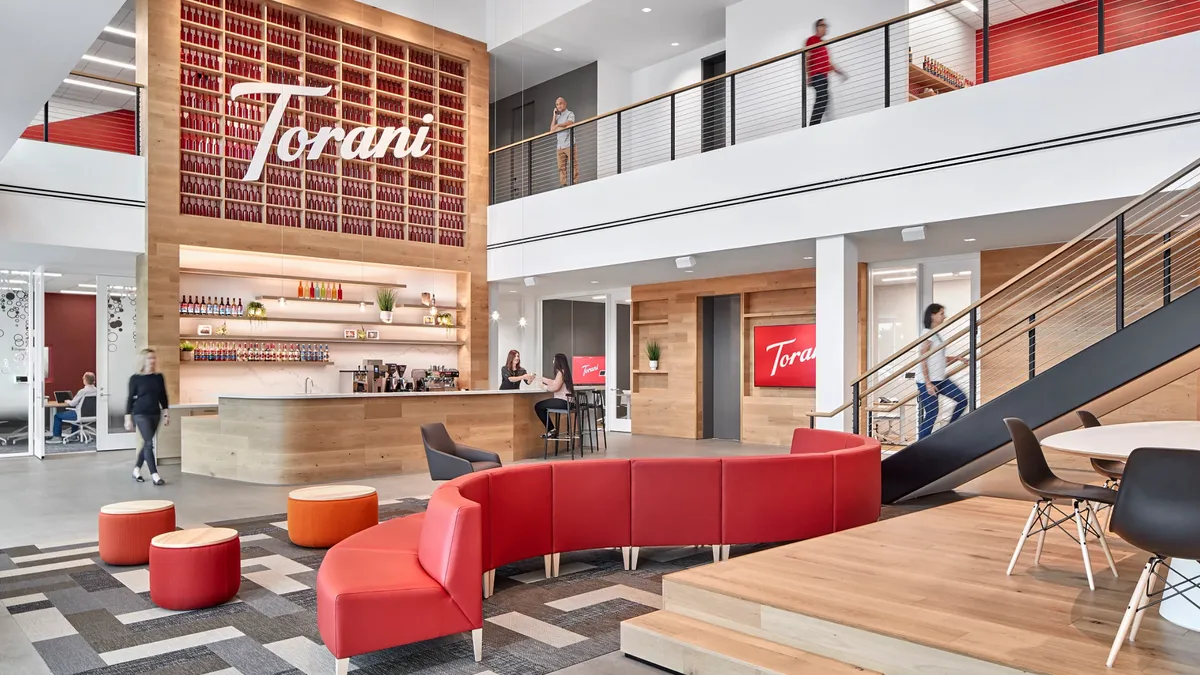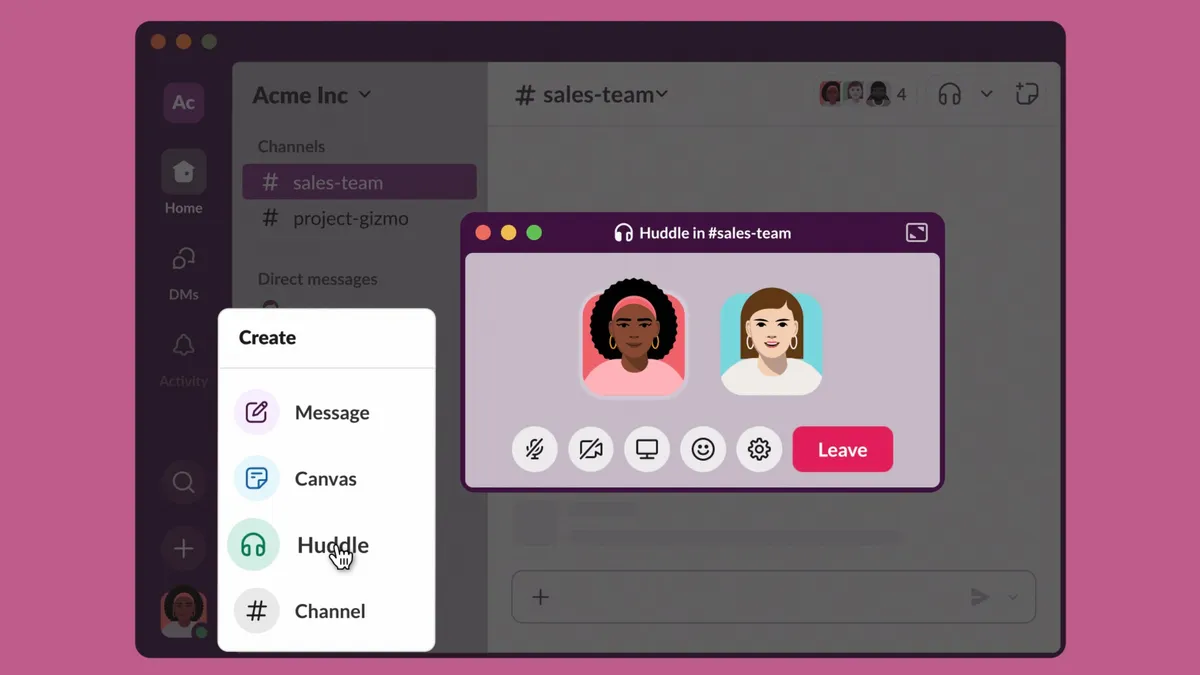Editor’s Note: In their final Employee Experience column for 2023, HR Dive reporter Caroline Colvin does a temperature check on employee experience under Elon Musk, from both a compliance and culture standpoint.
Along with billionaire bravado, Elon Musk is now synonymous with “toxic workplace.”
Let’s check the scoreboard, starting with 2022: News broke in May that Musk allegedly subjected a SpaceX flight attendant to overt sexual harassment in 2016; the settlement documents indicate that once the flight attendant refused, Musk seemingly retaliated against her by reducing her shifts.
The groundswell conversation around this news prompted SpaceX workers to pen an open letter in June 2022, reportedly delivered to President Gwynne Shotwell. “[Musk’s] behavior in the public sphere is a frequent source of distraction and embarrassment for us, particularly in recent weeks,” the letter stated.
At the time, an expert who spoke to HR Dive affirmed the idea that this type of conduct by a business leader is more than distracting for employees across Musk’s companies; it also erodes psychological safety.
Then came the $44 billion takeover of X, formerly known as Twitter, in October 2022. That acquisition started with a bang when Musk significantly reduced headcount. The triple employer fired top executives, laid off almost 4,000 workers (about half of the staff at the time), and jettisoned remaining dissenters. After talent in the compliance, content moderation and cybersecurity department packed their bags, November 2022 was marked by X workers quitting in droves after Musk issued an ultimatum: Become “extremely hardcore” or leave.
If 2022 laid the groundwork for that perception, things only ramped up in 2023. At the top of the year, X became the kind of workplace where press emails were fielded with an automatic poop emoji response.
Around the same time, Musk went back and forth with Haraldur Thorleifsson, an employee who was unsure of whether he was laid off by X; after almost a week and a half with no correspondence with management, Thorleifsson tweeted Musk asking if he was still employed. Thorleifsson’s former boss derided him about his disability and his need for accommodations (the worker uses a wheelchair due to muscular dystrophy).
While Musk publicly apologized for the exchange, the debacle became yet another installment in the longstanding perception of Musk’s companies as toxic workplaces.
In spring 2023, X rolled back its policy against deadnaming transgender people. While this policy is customer-facing, it’s hard to imagine a company doing so while also championing trans employees; people experts have spoken to HR Dive in the past regarding the way misgendering and deadnaming trans talent can be harmful to workplace culture.
Just last month, the tech entrepreneur became one of the only major employers in recent memory that has felt comfortable hurling expletives at business partners in a very public way. Musk threatened “thermonuclear” lawsuits against media analysis entities — particularly those that called out advertisers with antisemitic and White supremacist views on X — while facing lawsuits of his own.
U.S. Securities and Exchange Commission probes aside, the U.S. Equal Employment Opportunity Commission sued Tesla in September 2023, putting forth allegations of a racist workplace — one that meted out retaliation against Black workers who spoke up.
And while X may now have content for employers — X Hiring, what Musk calls a potential LinkedIn rival, just became available to all users in November — one can never hold a glimmering opinion of Musk as an employer for too long.






















